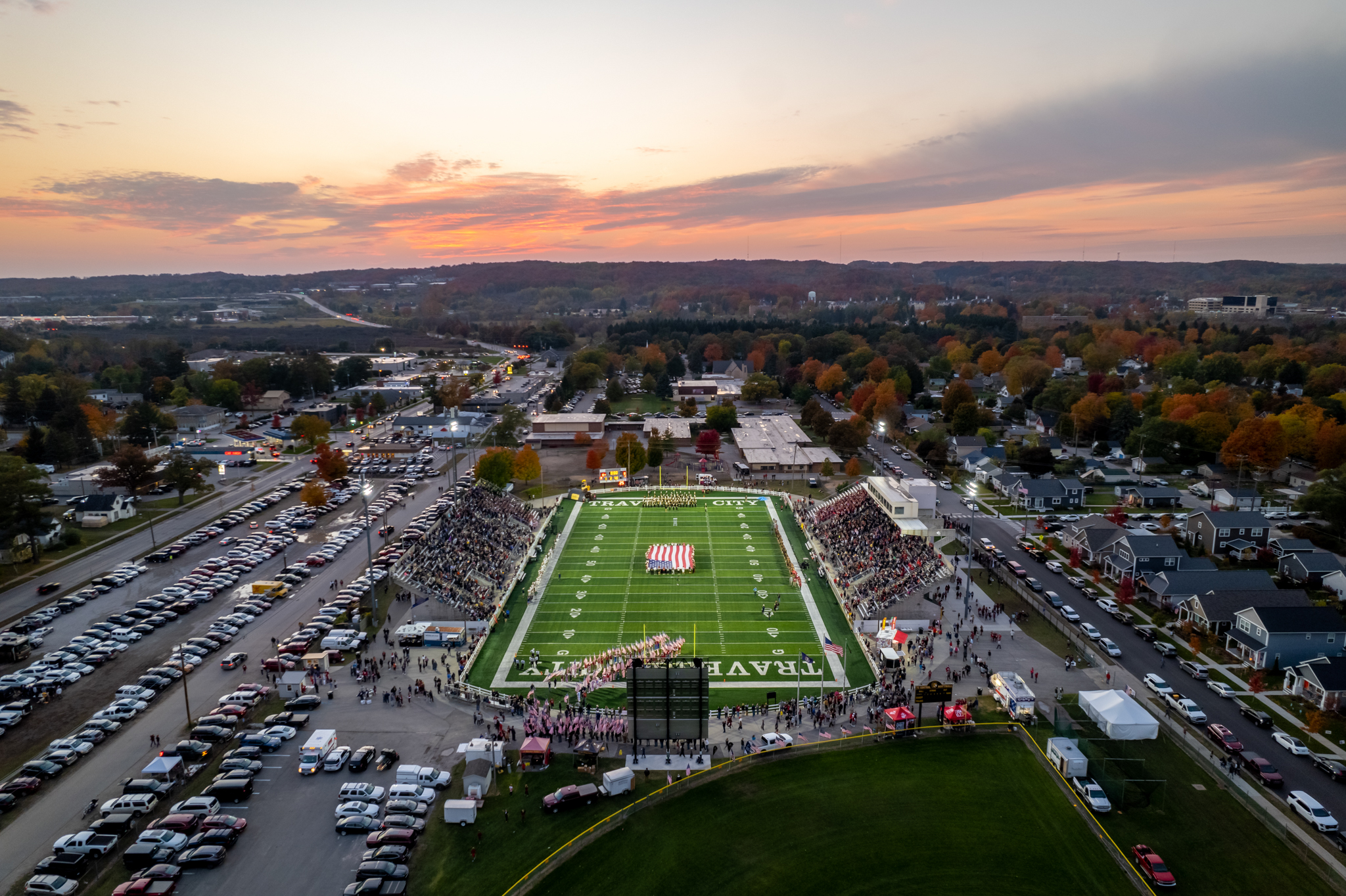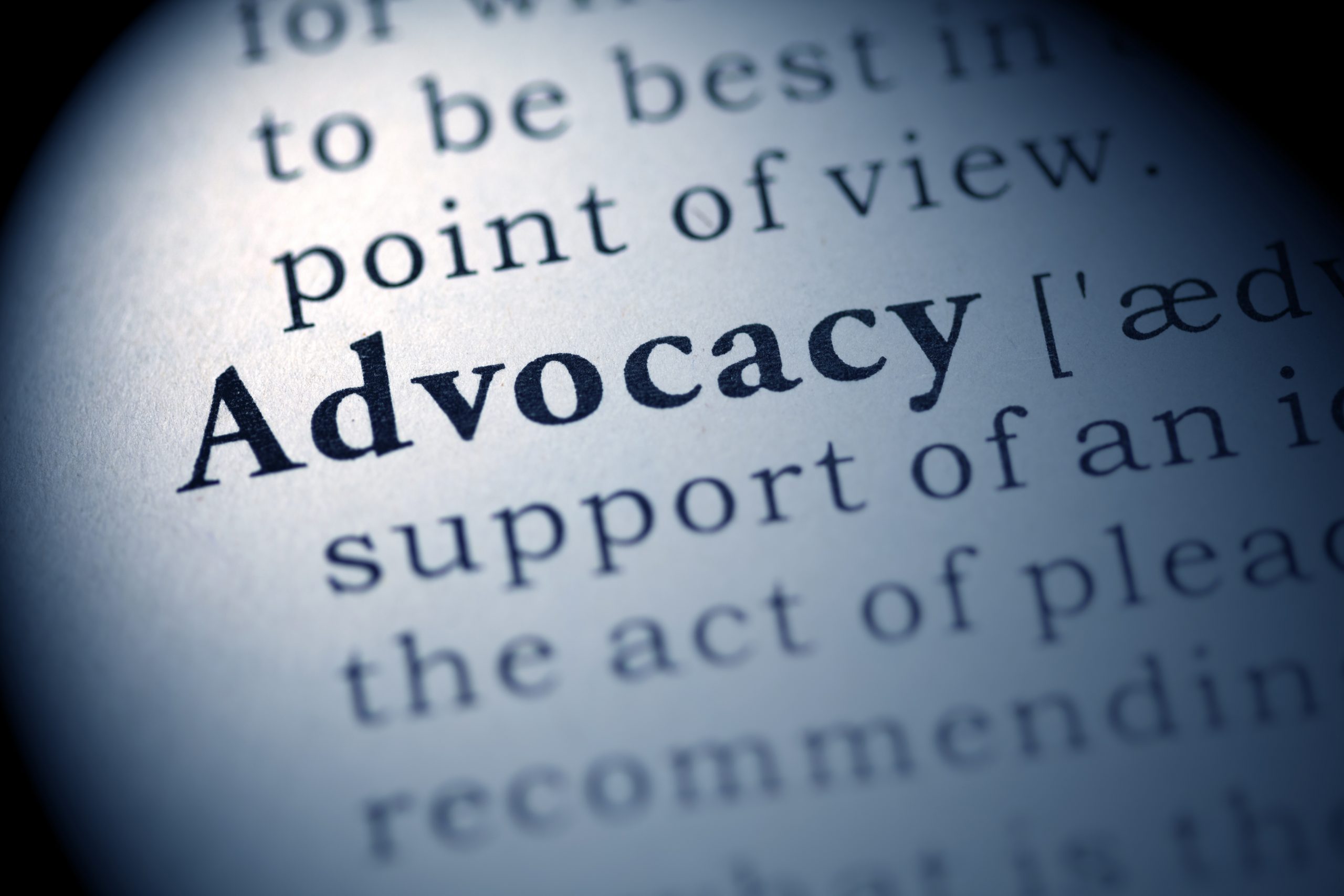The November 15 Emergency Order issued by the Michigan Department of Health and Human Services replaces this previously issued order.
On Thursday, Oct. 29, the Michigan Department of Health and Human Services (MDHHS) revised and extended its epidemic order. This comes as the previous order was set to expire on Oct. 30, 2020. Although most of the order is unchanged, new provisions target indoor gatherings where COVID has spread most rapidly. There are also enforcement mechanisms for these orders.
This MDHHS order is effective immediately, although restaurants and bars have until Nov. 2 to comply with contact tracing requirements. This order remains in effect until rescinded.
Order highlights
- The maximum gathering size for indoor gatherings such as weddings, parties, and banquets which occur in nonresidential settings without fixed seating is reduced from 500 persons to 50 persons, and attendance is limited to 20 persons per 1,000 square feet in each occupied room.
- For bars, restaurants, and social events outside private homes, indoor party sizes at a single table are now restricted to six people.
- As of Nov. 2, bars and restaurants must maintain accurate records of the names and phone numbers of patrons who purchase food for consumption on the premises, and the date and time of entry. (Template available for printing & requirements here.)
- The order treats all regions of the state the same; the Traverse City region (region 6) has now been moved into Phase 4 of the MI Safe Start Plan.
- This infographic outlines the highlights of the order.
- All order requirements (not just highlights) are detailed in this infographic.
Phase 4
There are several requirements that have been tightened in region 6 with the move down to phase 4. This means that the new epidemic order applies consistently across the state:
- Retail is impacted by this move and retail capacity is back to 50% of total occupancy limits.
- Fixed and non-fixed seating event limitations are now in-line with the rest of the state.
- Face masks in schools are now the same across the state.
Enforcement
Violations are punishable by a civil fine up to $1,000 and may also be treated as a misdemeanor punishable by imprisonment for not more than six months or a fine of not more than $200, or both. In addition, failure to comply with orders may violate a business or professional’s licensure requirements or present a workplace safety violation.
MIOSHA Emergency Rules
The requirements of the MDHHS order should be coordinated with the MIOSHA Emergency Rules, which clarify the safety requirements employers must follow to protect their employees from COVID-19.
- Much of the requirements under the Emergency Rules were included in former Executive Orders, now rescinded.
- Under the Emergency Rules, businesses that resume in-person work must, among other things, have a written COVID-19 preparedness and response plan and provide thorough training to their employees.
- A notable difference in these rules is language on remote work under 5(8): “The employer shall create a policy prohibiting in-person work for employees to the extent that their work activities can feasibly be completed remotely.”
- MIOSHA’s Emergency Rules implement workplace safeguards for all Michigan businesses and specific requirements for industries, including manufacturing, construction, retail, health care, exercise facilities, and restaurants and bars.
- Industries that were previously required to provide mandatory temperature checks, including the manufacturing sector, are no longer required to do so and instead required to, under 6(1), “[…] conduct a daily entry self-screening protocol for all employees or contractors entering the workplace, including, at a minimum, a questionnaire covering symptoms and suspected or confirmed exposure to people with possible COVID-19, together with, if possible, a temperature screening.”
A set of online resources at Michigan.gov/COVIDWorkplaceSafety provides businesses with the guidelines they and their employees must follow and includes a sample COVID-19 preparedness and response plan and a reopening checklist to help businesses put safeguards in place. Businesses can also find posters for employees and customers, factsheets, and educational videos.
Additional Resources
- Oct. 29 MDHHS Epidemic Order
- Oct. 29 MDHHS Epidemic Order highlights
- Oct. 29 MDHHS Epidemic Order fact sheet
- Tracing requirements
- Bar & restaurant tracing form
- Warner Norcross + Judd update on the MDHHS order
- Warner Norcross + Judd update on the Emergency Rules
- MIOSHA Emergency Rules
- MIOSHA Emergency Rules Infographic (p. 3 has links to industry-specific requirements)
- Sample COVID-19 Preparedness & Response Plan
- Reopening Checklist
- Alongside the rerelease of today’s order, MDHHS published strong recommendations for indoor social gatherings, including at Thanksgiving.




